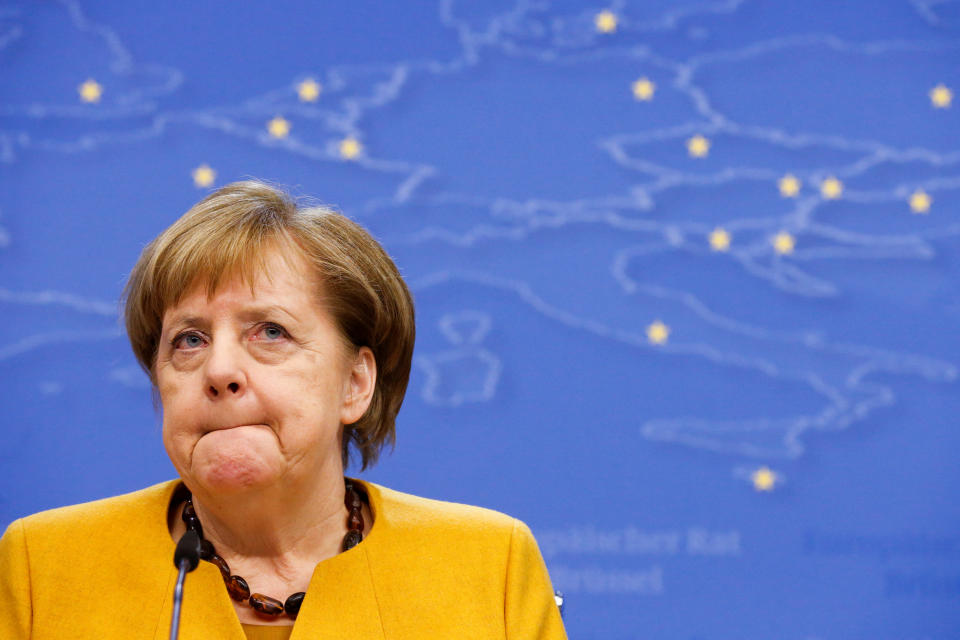Berlin’s ‘unpredictable’ arms-export policies force weapons firms to go ‘German-free’

French envoy to Germany Anne-Marie Descotes warned, in an essay entitled From ‘German-free’ to mutual trust, that Berlin’s strict, complicated arms-export rules are hampering defence cooperation between the two countries.
Descotes said that Berlin’s rules on arms exports, and lengthy waiting times for licences, were “untenable” and are forcing many companies to adopt ‘German-free’ strategies, by not using German-made parts in their weapons.
Companies, she said, have to make long-term investment decisions, and face much legal uncertainly. She also warned that export authorisation for even the smallest German components can take over a year, causing defence companies to get hit with fines for defaulting on deliveries or losing contracts altogether.
Quoting German chancellor Angela Merkel’s statement on European Unity — “the times when we could completely rely on others are over,” Descotes wrote that “realistic export possibilities on the basis of clear and predictable rules are an essential prerequisite for the survival of our European defence industry.”
The essay, published on the Federal Academy for Security Policy website, comes at a time when France, the UK, and other EU countries, are putting pressure on Germany to lift its embargo on arms exports to Saudi Arabia, implemented after the murder of Saudi journalist Jamal Khashoggi in Turkey.
German-made parts are essential to many weapons systems, and Berlin has been broadly criticised for hampering weapons development and European weapons sales with its insistence that no German parts at all can be used in weapons that will be sold to Saudi.
Airbus CEO Tom Enders last month accused Germany of showing “a kind of moral superelevation,” on the issue of exports, and that this would damage joint defence projects.
He told Reuters that one option for the future would be for Airbus to make ‘German-free’ weapons, noting: “It has been driving us crazy at Airbus for years that when there is even just a tiny German part involved in, for example, helicopters, the German side gives itself the right to, for example, block the sale of a French helicopter.”
The government in Berlin is considering extending the Saudi arms embargo beyond the end of March, but the debate is splitting the coalition government, as the Social Democrat partners want to extend it to October.

 Yahoo Finance
Yahoo Finance 